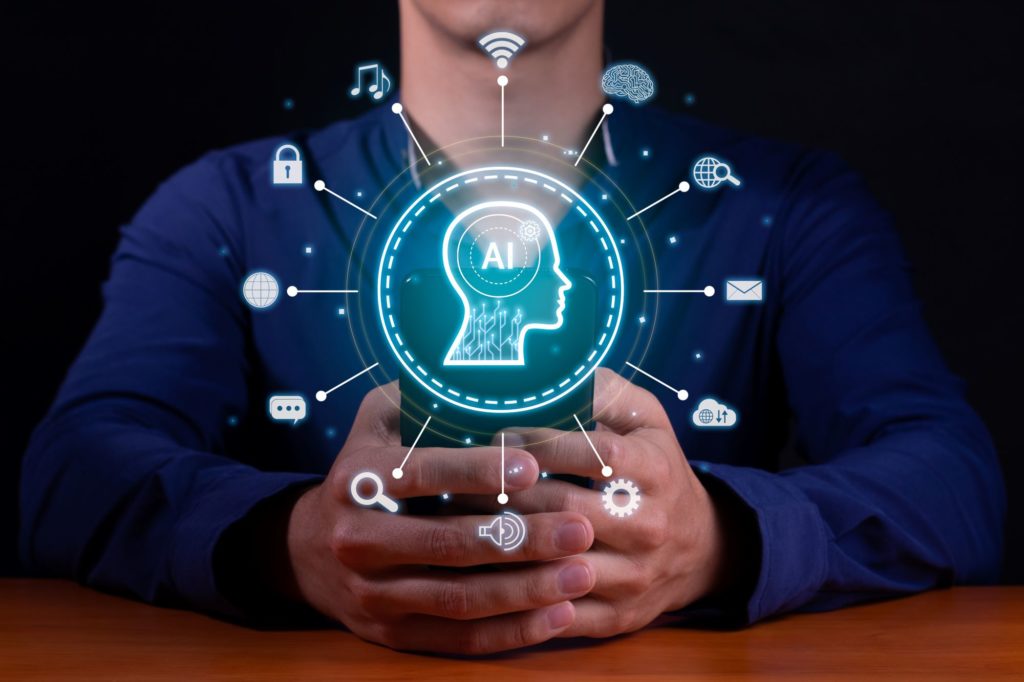In today’s fast-paced world, AI assistants have skyrocketed in popularity for managing daily tasks, improving productivity, and enhancing day-to-day life. These virtual helpers are powered by advanced artificial intelligence and machine learning technologies, enabling them to perform a wide range of functions. From managing your schedule to controlling smart home devices with a single phrase, AI assistants are revolutionizing how we interact with technology in our everyday lives. Let’s explore more about what AI assistants are and what they can do.
What Are AI Assistants?
AI assistants (or AI virtual assistants) are software programs designed to perform tasks and provide services on behalf of their users. They utilize natural language processing (NLP) and machine learning algorithms to understand and respond to voice commands or text inputs. These assistants are able to learn from user input and prolonged interaction, which helps them provide better responses and perform better over time. Most AI assistants are available on multiple devices, including cell phones, smart home speakers, and computers.

What Can AI Assistants Do?
AI assistants are able to integrate with your existing tools and execute your requests. For example, most AI assistants can handle a variety of tasks, including:
Managing Schedules and Reminders
They can help you organize your day by setting reminders, scheduling appointments, and providing alerts for upcoming events.
Answering Questions
Whether you need information on the weather, news, or general knowledge, AI assistants can quickly provide answers.
Controlling Smart Home Devices
AI assistants can interact with smart home systems, allowing you to control lights, thermostats, garage doors, and security systems with a single tap or simple voice commands.
Sending Messages and Making Calls
They can send text messages, make phone calls, and even read out incoming messages, helping you stay connected while being hands-free.
Playing Music and Media
AI assistants can play your favorite songs, podcasts, and videos, adjusting the volume and skipping tracks as needed.
Providing Navigation and Traffic Updates
They can offer directions, suggest faster routes, and update you on traffic conditions in real-time.
Assisting with Shopping
AI assistants can help you create and organize shopping lists, order products online, and even track deliveries.
Improve Productivity
Some AI assistants are able to summarize meeting notes from a voice recording, create presentations from a PDF, draft emails, and more.
Examples of Popular AI Assistants
Google Assistant and Gemini
Google Assistant is Google’s AI assistant, integrated into various Google services and devices. It can answer questions, manage your schedule, provide directions, and control smart home devices. With deep integration into the Google ecosystem, Google Assistant offers seamless access to Google Search, Maps, Home, and Calendar. Google also recently released Gemini, an advanced AI model meant to be a competitor to OpenAI’s ChatGPT.
Microsoft Copilot
Microsoft Copilot is designed to assist with productivity tasks, particularly within the Microsoft Office suite. It can help draft emails, generate reports, and even provide insights and data analysis in Excel. Copilot is a valuable tool for professionals looking to streamline their workflow.
Amazon Alexa
Amazon Alexa is a versatile AI assistant found in Amazon devices and integrated into various third-party products. Alexa excels in controlling smart home devices, playing music, setting reminders, and providing information on demand. Its extensive range of skills and compatibility with numerous smart devices make it a popular choice for smart home systems.
Apple Siri
Siri is Apple’s AI assistant, available exclusively within the Apple ecosystem. Across iPhone, iPad, Mac and Macbook, Apple Watch, and HomePod devices, Siri is able to perform everyday tasks like sending messages, making calls, setting reminders, and controlling home devices. Also, Apple’s recently-announced Apple Intelligence will reportedly transform the way AI is able to be used in Apple products.
Meta AI
Meta AI, developed by Meta (formerly Facebook), is focused on enhancing social interactions and experiences. It can suggest content, manage social media posts, look up information, and even assist with virtual reality (VR) and augmented reality (AR) experiences through Meta’s platforms.
Caveats of AI Assistants
While AI assistants and chatbots currently offer a long list of benefits, you should be aware of the caveats. Privacy is a significant concern with AI, as most of these devices constantly listen for activation commands, send information to the cloud, and may collect data about your interactions. Enabling strong security settings and being aware of the privacy policies of the AI assistant you use is crucial. AI assistants are also not infallible; they can misunderstand commands and questions, struggle with complex tasks, provide false information, or fail to integrate with certain third-party applications. Lastly, over-reliance on AI assistants may lead to dependence on technology and reduced human involvement in certain applications, which might have broader implications over time.
In the race for the best AI model and application, AI assistants have become indispensable tools in many people’s daily lives—helping us be more productive, manage tasks, access information, and control smart home environments with ease. As time goes on and technology advances, AI assistants will undoubtedly play an even bigger role in the way we approach productivity (in fact, they are evolving and learning more every minute)!